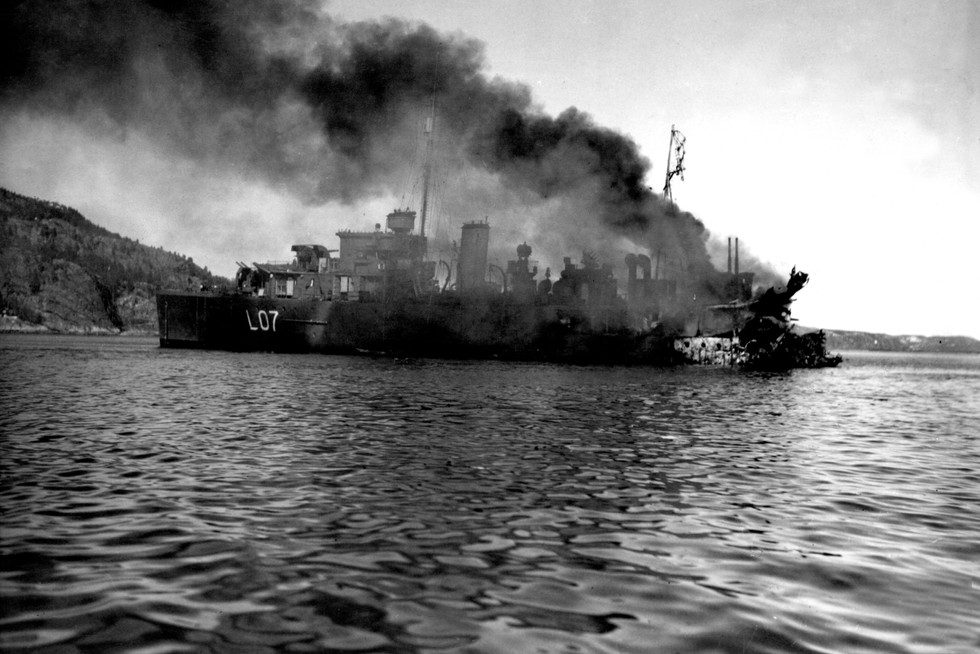The Battle of Britain was a pivotal air campaign fought between the German Luftwaffe and the Royal Air Force (RAF) during World War II. It took place from July to October 1940 and prevented Nazi Germany from launching a full-scale invasion of England. The RAF’s deployment of fighters and radar technology, along with the bravery and resilience of its pilots, proved crucial in withstanding the Luftwaffe’s assaults. Ultimately, the RAF’s victory in the Battle of Britain had a lasting impact on the war, showcasing the importance of air power in modern warfare and solidifying Britain’s role as a key ally in the fight against Nazi Germany.
The Battle of Britain
Introduction
The Battle of Britain was a pivotal air campaign fought between the German Luftwaffe and the Royal Air Force (RAF) during World War II. It took place from July to October 1940 and was a crucial turning point in the war, as it prevented Nazi Germany from launching a full-scale invasion of England.
The Stakes
By the summer of 1940, Germany had conquered much of Europe and was planning to invade England in Operation Sea Lion. However, before a ground invasion could take place, the Luftwaffe needed to gain air superiority over the English Channel and the British Isles.
The RAF’s Response
The RAF, led by Air Chief Marshal Hugh Dowding, deployed their fighters and radar technology to defend against the Luftwaffe’s attacks. The Spitfire and Hurricane fighters played a crucial role in repelling the German bombers and fighters.
The Blitz
The Luftwaffe launched a sustained bombing campaign against British cities, known as the Blitz. While this caused widespread destruction and casualties, it also diverted German resources away from the main goal of destroying the RAF.
The Turning Point
Despite heavy losses on both sides, the RAF managed to withstand the Luftwaffe’s assaults and inflict significant damage on German forces. The introduction of the Hurricane and Spitfire aircraft, along with the use of radar technology, gave the RAF a crucial advantage in the battle.
The Outcome
Ultimately, the Luftwaffe was unable to achieve air superiority over England, forcing Hitler to cancel Operation Sea Lion in October 1940. The Battle of Britain was a decisive victory for the RAF and a turning point in the war, as it prevented Nazi Germany from establishing a foothold in Western Europe.
Legacy
The Battle of Britain is remembered as a testament to the bravery and resilience of the RAF pilots who fought against overwhelming odds. It also showcased the importance of air power in modern warfare and solidified Britain’s role as a key ally in the fight against Nazi Germany.
Conclusion
The Battle of Britain remains one of the most iconic and important air campaigns in history, demonstrating the impact that a well-trained and well-equipped air force can have on the outcome of a conflict. It is a reminder of the sacrifices made by those who fought to defend their country and the importance of standing up to tyranny.
